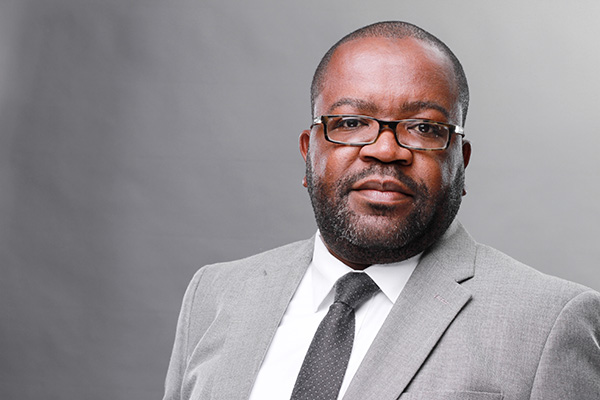Religion as an analogy to explain research paradigms

Ontology, Epistemology and axiology can be very difficult concepts to understand. They are often spoken about in abstraction and the definitions found in dictionaries do little to explain. Honestly, the definitions in figure 1 from Webster do little for me. They may define the words but do not explain what these concepts are and why they are important to a person’s research paradigm.
Today I was working with one of my PhD students and to make sense of the aforementioned concepts. My student loves the use of metaphors and analogy to reinforce understanding, and since religion, and more specifically since being Christian, is an integral part of his identity, we used religion as an analogy to discuss research paradigms.
- Ontology –-> Religion
- Because it is how we understand the world.
- For example, viewing/believing our reality as having been created by a creator.
- Epistemology –-> Islam, Christianity, Hinduism etc.
- There are different religions that allow us to know the world and know our reality
- The religion we belong (changed this from saying practice initially) to, can determine how we know the world
- Theoretical Perspective –-> Christianity (could be Christianity broadly or different books or experiences in the bible)
- We start from understanding a theoretical perspective as how we make sense of what is happening. It helps us understand reality, it is our attempt to understand/ make sense of who we are and how we got here, make sense of our identity, and the experiences we are having.
- We can use Christianity as a religion for this, the different books or experiences in the bible (i.e., book of Job to understand suffering)
- Methodology –-> Christian Denominations (Lutheran, Methodist, Catholic etc.)
- This one is a bit hard, but we went with different Christian denominations as a way to go about finding out things
- Different Christian denominations can be seen in this analogy as different ways to understand phenomenon differently or to understand different phenomena (e.g. baptism, communion, etc. can be understood differently depending on your denomination).
- Method –-> Bible
- It got harder, and maybe a reach, but we settled on the bible as a method (for example – bible studies, meditations, prayer, scripture readings).
- A method is what you use to find things out. A method is more procedural about how you collect the data/how you will do the experiment (step by step), a systematic approach.
- Data Source –-> Depends on question
- This was the easier one because it depends on what you are asking and what you want to know
- The data sources can be many different things including beliefs people have, how people live it out, baptisms, prayer requests, various church data, confessionals, etc.
- What about research questions?
- Where do research questions fit into this framing? Do they come first before anything else?
- Research questions come before the theoretical perspective(s). However once I have decided on a theoretical perspective, I can come back to make sure that my research question align with that perspective.
None of the above are fully fleshed out yet. We will continue to reflect on it but wanted to share it here in case someone has comments and feedback. We also have not included Axiology so it would be interesting to see where that fits in this conceptualization.

